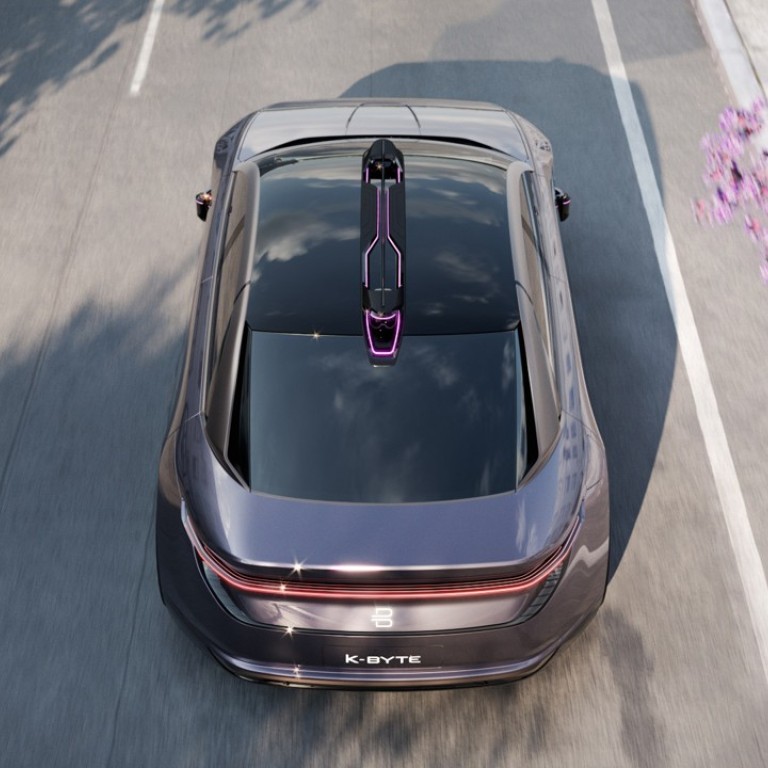
Chinese lidar maker RoboSense raises US$45m in biggest fundraising round among local peers
RoboSense, a Chinese maker of lidar sensors used by driverless cars, said it raised more than US$45 million from investors including Alibaba Group Holding, SAIC Motor Corp and BAIC Group in its latest financing round that was the biggest among local peers.
Shenzhen-based RoboSense will use the funds to beef up research and product development and step up efforts to expand market share, the company said in a statement on Wednesday.
“The rapid development of autonomous driving has ignited a huge demand for lidar,” said Mark Qiu, co-founder of RoboSense. “This round of funding is not only for capital assistance, but also for strategic resources. We are looking forward to continuously working with our partners to lead the large-scale commercialisation era of the autonomous driving industry.”
The push for self-driving cars by the global car industry has created business opportunities for many companies along the chain, including makers of lidar sensors that bounce laser beams off objects to figure out their position in a three-dimensional space. Annual global sales of driverless cars will reach 1 million by 2025 and surpass 33 million by 2040, according to a study by IHS Markit.
Robosense debuted its solid-state lidar at CES in Las Vegas in January, and has been a supplier for partners including Cainiao, JD.com, Suning and Meituan Dianping for their self-driving delivery vehicles. The company has also partnered with autonomous driving technology start-ups such as Roadstar.ai and TuSimple.
Lidar, first developed in the 1960s, can create digital topographical maps with higher accuracy and longer range than other 3D detection technologies. The sensors were used by the Apollo 15 mission in 1971 to map the topography of the moon.
RoboSense, which was established in 2014, said other investors in previous rounds include Haitong Securities and Fosun Group. Alibaba, the parent company of the South China Morning Post, holds its stake through its logistics arm Cainiao Smart Logistics Network.
Additional reporting by Sarah Dai

